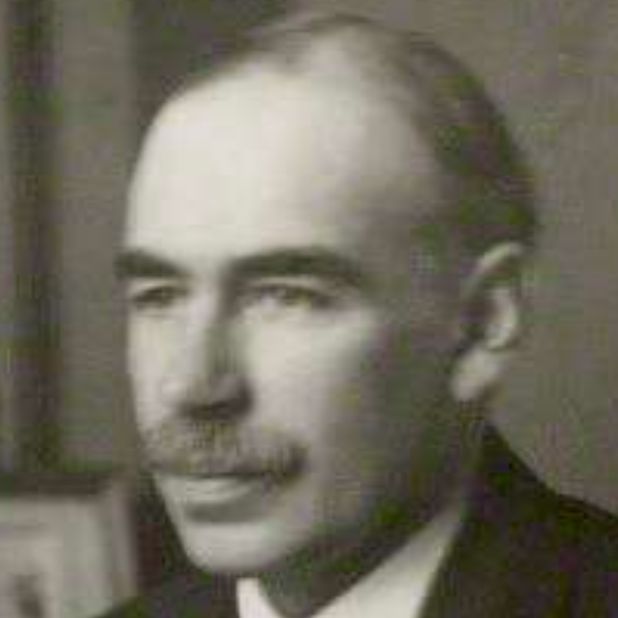168 reads
A Tract on Monetary Reform: Chapter I - The Consequences to Society of Changes in the Value of Money
by
June 3rd, 2022
Audio Presented by

Creator of Keynesian. English economist whose ideas fundamentally changed the theory and practice of macroeconomics
About Author
Creator of Keynesian. English economist whose ideas fundamentally changed the theory and practice of macroeconomics
